 We’re committed to helping those in our community build a life of true substance. Our intensive outpatient programs provide personalized addiction treatment and resources for rebuilding your life. If you or someone you love is struggling with addiction, we’re here to help.
We’re committed to helping those in our community build a life of true substance. Our intensive outpatient programs provide personalized addiction treatment and resources for rebuilding your life. If you or someone you love is struggling with addiction, we’re here to help.
Come as you are. Leave better. That’s our promise to you. Reach out to the Roaring Brook team at 855.590.9944 today.
What Is Substance Use Disorder (SUD)?
Substance use disorder, the medical term for addiction, is a disease that affects a person’s brain and behavior. It describes a pattern of symptoms that result from taking a substance continually, even when the experience is negative.
What are the most common types of SUDs?
- Alcohol use disorder
- Tobacco use disorder
- Cannabis use disorder
- Stimulant use disorder
- Hallucinogen use disorder
- Opioid use disorder
What Are the Signs of SUD?
There are many signs and symptoms of addiction, but some of the most common include:
- Taking the substance in larger amounts or for longer than planned
- Wanting to cut down or stop using the substance but not managing to
- Spending excessive time obtaining, using, or recovering from using a substance
- Cravings and urges to use the substance
- Not managing to adequately perform tasks at work, home, or school due to substance use
- Continuing to use, even when it causes problems in relationships
- Giving up important social, occupational, or recreational activities because of substance use
- Using substances again and again, even when it puts you in danger
- Continuing to use, even when you know you have a physical or psychological problem that could have been caused or made worse by the substance
- Needing more of the substance to get the effect you want (tolerance)
- Development of withdrawal symptoms, which can be relieved by taking more of the substance
If you or someone you love is showing these signs or any combination of them, addiction might be the root cause. We’re here to help—reach out today.
What Causes SUD?
- Biology – Addiction can be passed down in families, and some people are more genetically predisposed to addiction than others
- Environment – A person’s environment, including their home, school, and social life, can play a role in addiction
- Psychology – Mental health concerns are often comorbid with addiction, and vice versa
- Trauma – A history of trauma can make a person more susceptible to addiction
Can You Recover from Addiction?
Addiction is a disease. It’s progressive, chronic, and potentially fatal if left untreated. Entering into a treatment program is an essential step in your journey toward recovery. Not only will you learn to arrest your addiction to drugs and/or alcohol, but other aspects of your life, including social, occupational, and psychological, will improve.
There is no cure, but getting to the other side means finding recovery and rediscovering hope. You will uncover something that’s better than using a substance. And in treatment, you will learn to use the right tools for you to maintain your recovery journey.
There is light on the other side. We see it.
Additional Addiction Resources
- Alcoholics Anonymous Intergroup
- 859-225-1212
- SAMHSA 24-Hour National Helpline
- 1-800-662-HELP
- Passport Health Plan
- Humana
- Aetna
- WellCare

